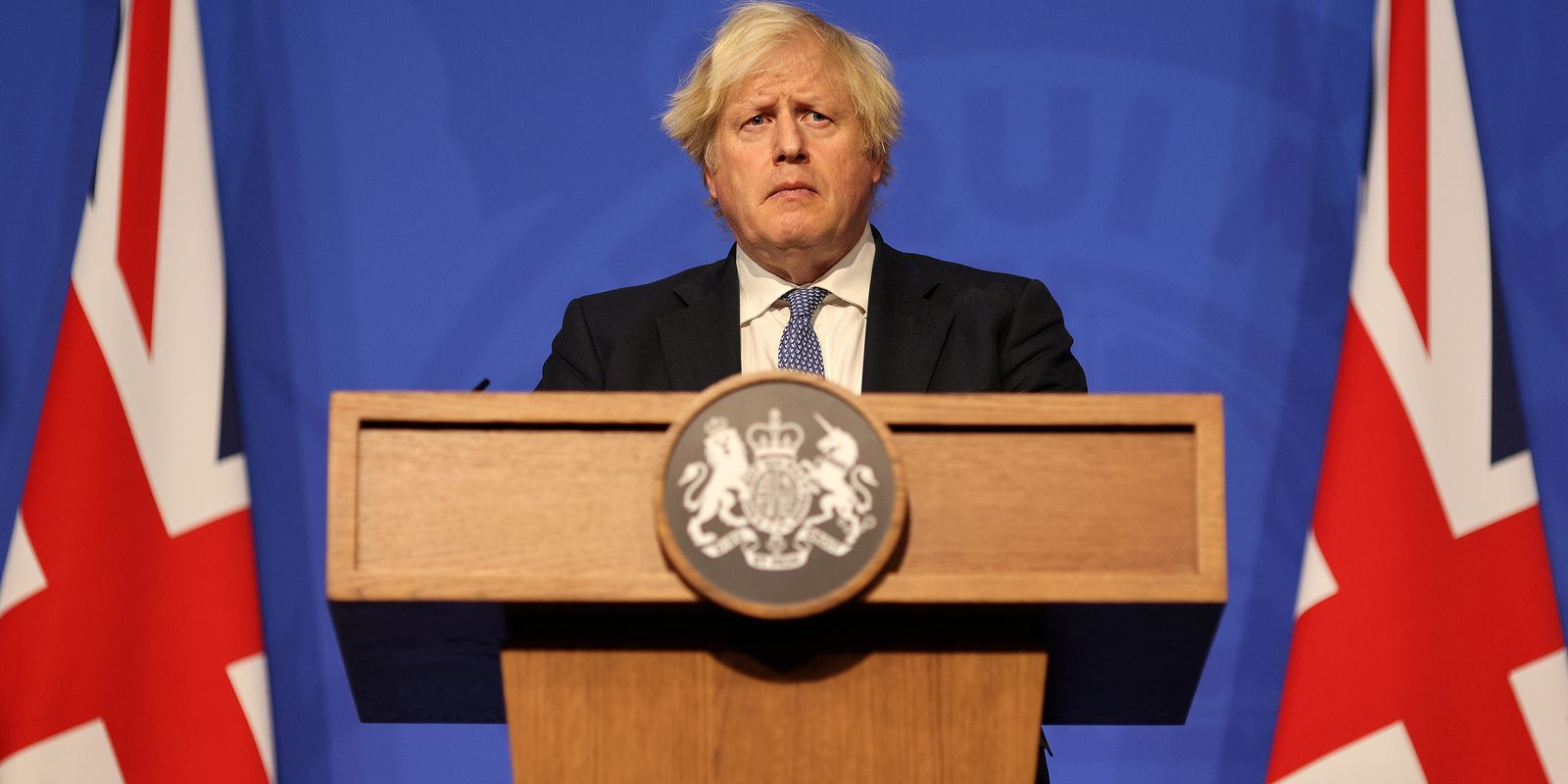As the war in Ukraine continues to evolve, with the Russian invasion duplicate cyberattacks against critical infrastructurea The European Commission presents a new action plan to strengthen the cyber defense capabilities of the European Union (EU).
With this new proposal, Brussels hopes to strengthen cooperation and investments in the field of cyber defense, in order to better protect EU citizens and infrastructures, also investing in a better process of detecting and mitigating growing threats. .
As pointed out by the European Commission in the statement🇧🇷 “Cyberspace has no borders” and recorded cyberattacks show the risks that exist for both civilians and the military.
The new policy aims to strengthen EU cyber defense capabilities and strengthen coordination and cooperation between military and civilian cyber communities. politics too improve the cyber crisis management process, helping to reduce the EU’s dependency on critical technologies🇧🇷
The policy is built around four pillars, which include a series of initiatives designed to help the EU and its Member States: “acting together towards a strengthened cyber defense capability”; “making the defense ecosystem more secure”; “investing in cyber defense capabilities”; “create partnerships to solve common challenges”.
Together with Josep Borrell, High Representative of the EU for Foreign Policy, the European Commission then intends to present to the Council of the EU a report focusing on the progress made in the implementation of cyber defense policy.
It is recalled that, according to recent Microsoft Digital Defense Reportthe number of computer attacks promoted by States is increasing, Russia’s hybrid war against Ukraine being one of the relevant factorsalthough there are also commercial motivations and more destructive attacks from Iran and North Korea.
Click on the images for more details
Effectiveness of state-sponsored attacks increased from 20% to 40% rate of Hit. This fee is justified by Russia’s advances in attempting to destroy Ukraine’s critical infrastructure and spy on allied countriesincluding the United States (55%), the United Kingdom (8%), Canada (3%), Germany (3%) and Switzerland (2%).
According to the data, 90% of the attacks detected last year came from Russia, having killed NATO member states. 48% of these attacks compromised IT companies based in NATO countries.
Editor’s Note: News has been updated with more information. (Last update: 2:06 p.m.)

“Freelance communicator. Hardcore web practitioner. Entrepreneur. Total student. Beer ninja.”







